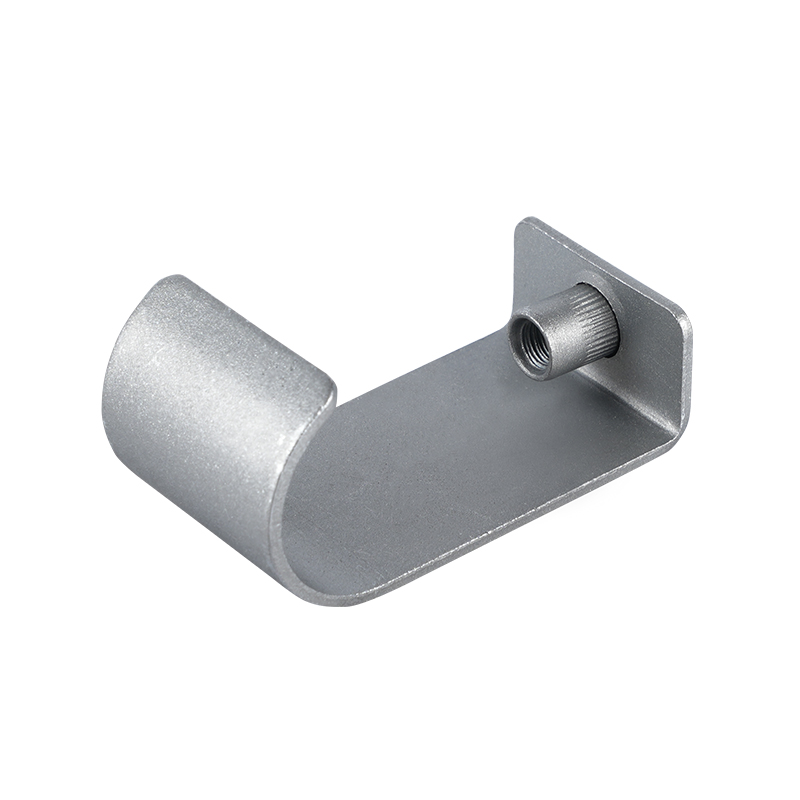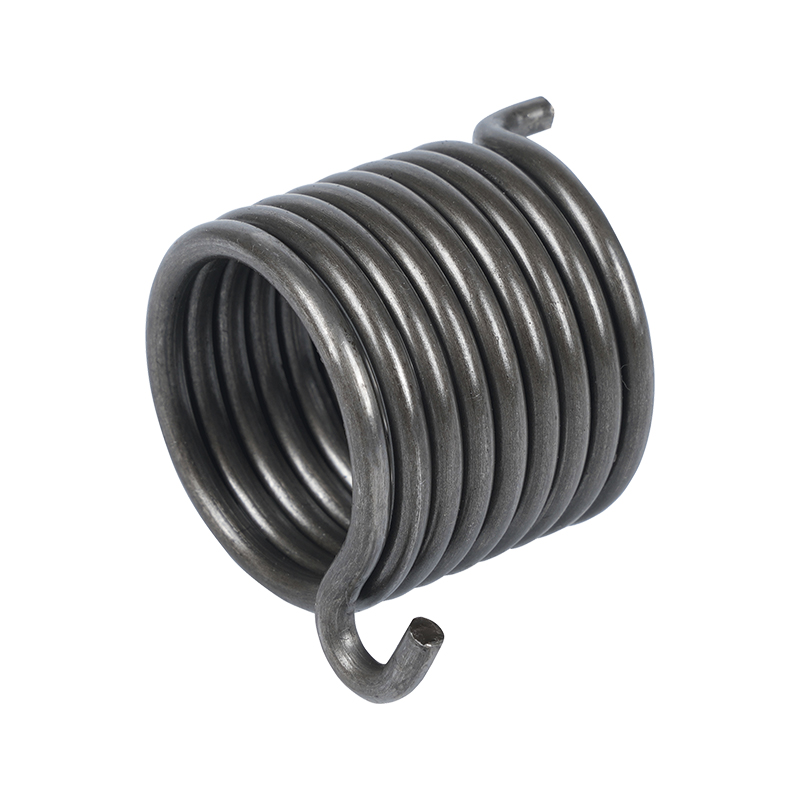How Customized Stainless Steel Meets Diverse Industrial Needs?
In today’s industrial landscape, flexibility and performance are crucial to manufacturing success. As industries continue to evolve and demand more application-specific materials, Customized Stainless Steel has emerged as a practical solution across sectors. Its ability to combine material strength with tailored dimensions and finishes makes it suitable for applications in construction, food processing, healthcare, and transportation. Customized Stainless Steel meets a wide array of technical and structural requirements, enabling manufacturers to deliver products with higher precision, reliability, and longevity.
The Importance of Material Versatility
Stainless steel is well-known for its corrosion resistance and structural integrity. However, standard stainless steel components are not always sufficient to address the varying needs of modern industries. Customized Stainless Steel bridges that gap by allowing end-users to specify exact dimensions, alloy grades, surface treatments, and fabrication techniques. Whether it’s a custom bracket for an automotive assembly line or a polished fixture for a commercial kitchen, Customized Stainless Steel ensures performance.
By selecting the appropriate grade, such as 304, 316, or duplex stainless steels, manufacturers can ensure that Customized Stainless Steel components withstand specific environmental, chemical, or mechanical conditions. For example, marine applications often require 316-grade Customized Stainless Steel for better resistance to saltwater corrosion.
Applications Across Industries
One of the defining features of Customized Stainless Steel is its adaptability across different industries. In the construction sector, it is widely used in handrails, facades, and architectural trim, where both aesthetics and structural stability are important. Customized Stainless Steel allows for unique design shapes and finishes, making it suitable for both functional and decorative purposes.
In the food and beverage industry, hygiene standards are strict, and Customized Stainless Steel provides a non-reactive, easy-to-clean surface. It is used to create worktables, containers, sinks, and conveyor components that meet food safety regulations. The customization ensures that each part fits seamlessly into processing systems, reducing the risk of contamination and improving efficiency.
In medical and pharmaceutical settings, precision and sterility are paramount. Customized Stainless Steel is often used to manufacture surgical instruments, laboratory equipment, and sterile enclosures. These applications require high tolerance machining and corrosion-resistant finishes, all of which can be achieved through the customization process.
Fabrication and Surface Options
Another advantage of Customized Stainless Steel lies in its compatibility with a variety of fabrication techniques. Components can be cut using laser, waterjet, or plasma technology, then bent, welded, or assembled according to specific engineering designs. This flexibility supports both simple and complex geometries while maintaining consistent quality.
Surface treatments further expand the possibilities. Customized Stainless Steel can be brushed, mirror polished, bead blasted, or given an anti-fingerprint coating, depending on the intended use. These surface finishes serve both functional and aesthetic roles, especially in visible installations or environments where cleanliness is critical.

Meeting Structural and Performance Requirements
Industries often require parts that not only fit precisely but also perform consistently under load, temperature variation, or exposure to chemicals. Customized Stainless Steel offers the mechanical reliability needed in such cases. For instance, structural frames for industrial machinery require durability and load-bearing capacity. Custom-cut and reinforced stainless steel components meet these expectations without compromising quality.
Moreover, the long service life of Customized Stainless Steel reduces the need for replacements and repairs, making it a practical choice for long-term investments. In infrastructure projects or transportation systems, using Customized Stainless Steel minimizes downtime and maintenance, thereby supporting continuous operations.
Environmental Considerations
Sustainability has become an important factor in material selection. Customized Stainless Steel is not only durable but also recyclable. Off-cuts and end-of-life components can be reprocessed and reused without significant material degradation. This property makes Customized Stainless Steel an attractive option for companies looking to reduce their environmental impact.
Additionally, many customization processes today are designed to minimize waste, such as laser cutting, which offers precise dimensions with minimal scrap. As industries shift toward environmentally responsible practices, Customized Stainless Steel supports those initiatives without compromising performance.
The growing demand for precision, functionality, and sustainability across industries has made Customized Stainless Steel a material of choice. From its flexibility in fabrication and alloy selection to its application-specific performance, Customized Stainless Steel addresses unique challenges in sectors ranging from healthcare to heavy industry.
By investing in Customized Stainless Steel, manufacturers gain greater control over their products’ design and durability, to enhanced efficiency and reduced lifecycle costs. As production technologies continue to advance, the role of Customized Stainless Steel in industrial development will only expand further, offering tailored solutions for an increasingly complex marketplace.


 English
English русский
русский Español
Español











